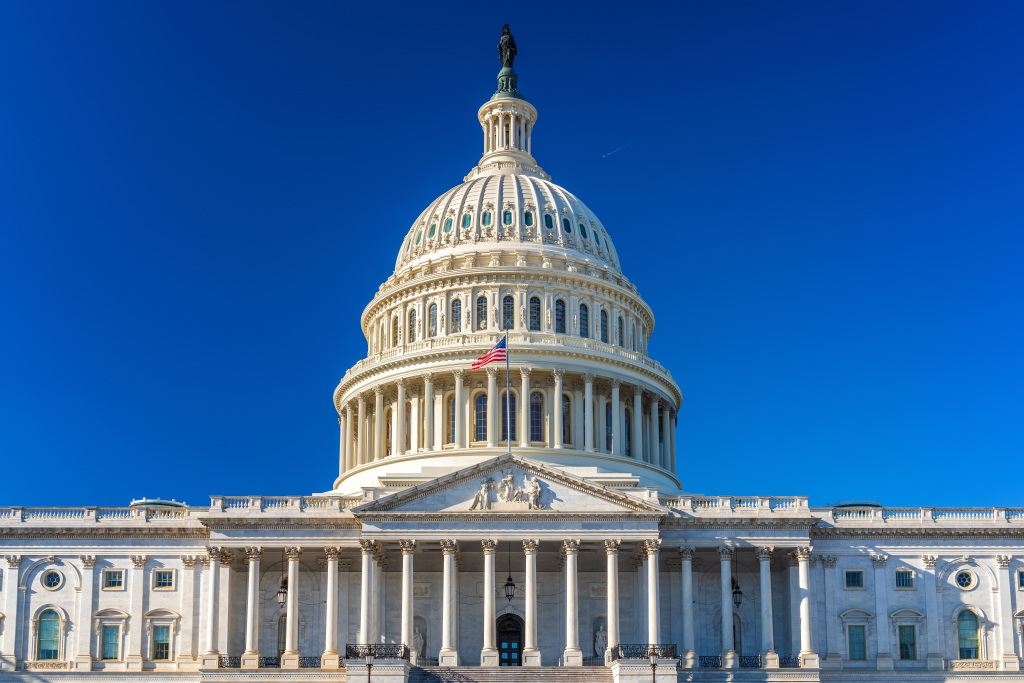
As New Jersey enters a new era of legalized cannabis, employers face a whole new crop of questions about responding to employee cannabis use. The newly passed New Jersey Cannabis Regulatory, Enforcement Assistance, and Marketplace Modernization Act (“NJCREAMMA”) changes the landscape for employers both in concrete ways and in ways that are still evolving. On its face, NJCREAMMA allows employers to discipline employees for use of cannabis during work but prohibits them from taking adverse action against employee use outside of work. Although that principal seems straightforward, it is not. For an employer, determining when an employee consumed cannabis or whether they are actually impaired is quite challenging. The NJCREAMMA recognizes a positive cannabis test does not necessarily mean an employee is impaired at work and, therefore, limits employers’ ability to rely on tests alone. Until the science catches up to the law, employers do not yet have access to a reliable, objective measure to test for impairment at work, which makes it impossible to conclude an employee is impaired due to cannabis use based on testing alone.
What’s new?
As you may know, before the passage of this new 2021 law, the New Jersey Courts already ruled employers could not discriminate against employees lawfully enrolled in the State’s medical cannabis program and had to make reasonable accommodations for them. In practice, this body of case law, with limited exception, meant employers should not fire or refuse to hire someone who tested positive for cannabis if they had a medical use card. Employers remained free to take adverse employment action against employees who showed signs of impairment and employees who tested positive but were not enrolled in the State’s medical cannabis program.
With the passage of NJCREAMMA, the scope of employee protections have materially expanded. Now, with limited exception, New Jersey employers may not take any adverse employment action (including refusing to hire a candidate) solely because the employee tests positive for cannabis. Employers can and should still prohibit impairment in the workplace. However, even when an employee is suspected of impairment, employers cannot act based on a positive test alone. Instead, NJCREAMMA requires that the employer also conduct a physical evaluation to determine whether an employee is impaired before it takes action based on a positive test. This physical evaluation must be performed by someone certified as a Workplace Impairment Recognition Expert. Although the State-created Cannabis Regulatory Commission is tasked with implementing guidelines for Workplace Impairment Recognition Expert training, it has not yet developed this training or guidelines. Until it does, this part of NJCREAMMA is not considered “operative” even though the law is deemed effective immediately.
Aspects of NJCREAMMA’s employee protections, which do not have specific exemptions for safety related positions and require Workplace Impairment Recognition Expert training, are controversial and certain business groups are pushing for employee protections to be scaled back in the “clean up” bills that are expected to be introduced to try to refine NJCREAMMA. Due in part to the well-publicized political wrangling that preceded the Legislature’s final adoption of NJCREAMMA, employers should expect to see efforts to clarify the law as it applies to employers and to authorize common-sense controls on impairment in the workplace.
Employers are still permitted to conduct suspicion-based, pre-employment, random, and/or post-accident drug testing, but a positive test for cannabis alone is not enough to take action. Now, employers also must have evidence of impairment during work hours to take action.
NJCREAMMA does allow employers to implement more strict rules for drug use when it is necessary to maintain a federal contract.
NJCREAMMA does not restrict an employer from maintaining and enforcing drug-free workplace policies, but, again, when it comes to cannabis, employers must show use and/or impairment at work, as opposed to off-duty use.
Savvy Employers’ Takeaways:
Practically, when it comes to cannabis, employers can focus on performance issues without attributing the source of the performance issue to cannabis impairment. Behaviors that might suggest drug use, such as sleeping on the job, carelessness, and lack of attention are properly the subject of discipline whether or not the employee is impaired by cannabis use or for another reason. NJCREAMMA, in its current form, makes it harder for employers to rely on testing as evidence of impairment, but does not restrict an employer from taking action based on observable impairment or performance issues. Although it may seem like new territory, employers have historically managed employee productivity issues, whether they arise from unknown causes or from use of legal substances, such as hangovers from alcohol abuse and performance deficits from use of prescription medications. Employers do not need drug tests to manage these issues but, instead, focus on the business disruption and observable performance issues. For now, employers would be wise to do the same when it comes to cannabis.
Questions? Let me know.


 They say the only thing in life that is constant is change, and we certainly saw that in 2019. This was a big year for change in employment law as legislators, courts, and regulators, shaped the workplace to reflect societal changes. The changes we saw included new requirements that address continued fallout from the #MeToo movement, concerns about wage distribution and equity, and balancing the rights of employers and unions. Coupling these legal changes with competitive pressures due to labor shortages in certain industries, the stakes are higher than ever for employers. We are seeing rapid change in the workplace and now is not the time fall behind. In case you missed it, here are some issues that we brought to employers this year:
They say the only thing in life that is constant is change, and we certainly saw that in 2019. This was a big year for change in employment law as legislators, courts, and regulators, shaped the workplace to reflect societal changes. The changes we saw included new requirements that address continued fallout from the #MeToo movement, concerns about wage distribution and equity, and balancing the rights of employers and unions. Coupling these legal changes with competitive pressures due to labor shortages in certain industries, the stakes are higher than ever for employers. We are seeing rapid change in the workplace and now is not the time fall behind. In case you missed it, here are some issues that we brought to employers this year:
 The U.S. Court of Appeals for the Sixth Circuit sided with a church operating the Lord’s Buffet and against the Department of Labor (“DOL”) in a case testing the reach of the Fair Labor Standards Act (“FLSA”). In Acosta v. Cathedral Buffet, Inc., the appellate court reversed a trial court ruling and held that volunteers who staffed a church-operated buffet are not employees and the Grace Cathedral Church did not run afoul of the FLSA by failing to pay the volunteers minimum wage. The DOL claimed the church and its televangelist pastor illegally used unpaid labor by staffing its buffet with volunteers from the congregation. In this case, the church operated the buffet restaurant for a religious purpose: to allow church members to proselytize to patrons. Its operations relied heavily on church volunteers who worked alongside paid employees performing the same work. While the work performed was comparable to that of an employee, the Sixth Circuit held the DOL overstepped the bounds of the FLSA by applying it to the volunteer workforce. In part, the Court’s decision relied on a determination that the volunteers had no expectation of payment and were not economically reliant on the work of the church.
The U.S. Court of Appeals for the Sixth Circuit sided with a church operating the Lord’s Buffet and against the Department of Labor (“DOL”) in a case testing the reach of the Fair Labor Standards Act (“FLSA”). In Acosta v. Cathedral Buffet, Inc., the appellate court reversed a trial court ruling and held that volunteers who staffed a church-operated buffet are not employees and the Grace Cathedral Church did not run afoul of the FLSA by failing to pay the volunteers minimum wage. The DOL claimed the church and its televangelist pastor illegally used unpaid labor by staffing its buffet with volunteers from the congregation. In this case, the church operated the buffet restaurant for a religious purpose: to allow church members to proselytize to patrons. Its operations relied heavily on church volunteers who worked alongside paid employees performing the same work. While the work performed was comparable to that of an employee, the Sixth Circuit held the DOL overstepped the bounds of the FLSA by applying it to the volunteer workforce. In part, the Court’s decision relied on a determination that the volunteers had no expectation of payment and were not economically reliant on the work of the church. 
